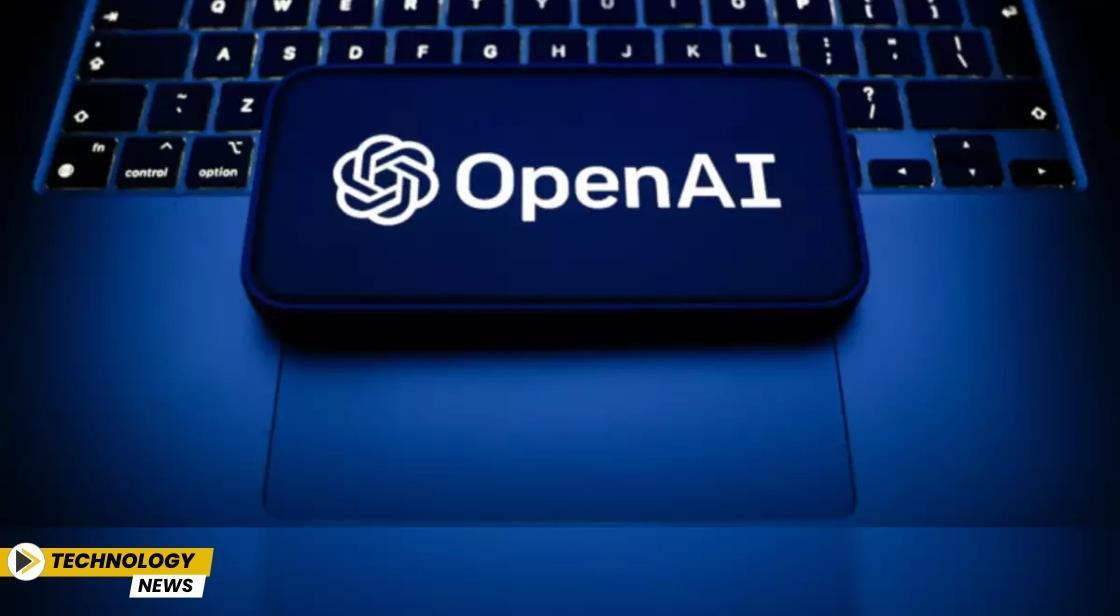OpenAI's Latest AI Model Excels in Creative Writing, Impressing CEO Sam Altman

News Synopsis
OpenAI has introduced a new artificial intelligence (AI) model with an impressive capability for creative writing. This development has caught the attention of CEO Sam Altman, who recently expressed his admiration for the AI’s storytelling abilities. In a post on X (formerly Twitter), Altman revealed that the model demonstrates an advanced understanding of metafiction, a narrative technique that blurs the lines between fiction and reality.
Sam Altman’s Impression of the AI Model
On Tuesday, Altman shared a post stating, “We trained a new model that is good at creative writing (not sure yet how/when it will get released). This is the first time I have been really struck by something written by AI; it got the vibe of metafiction so right.” His reaction suggests that the AI has reached a new milestone in linguistic creativity and storytelling.
To illustrate the model’s capabilities, Altman shared a short story generated by the AI based on the prompt: “Please write a metafictional literary short story about AI and grief.” The story impressed him due to its depth, coherence, and ability to capture metafictional elements authentically. This suggests that OpenAI’s latest advancements could redefine how AI is utilized in creative domains.
OpenAI’s Shift Towards Creative AI
Traditionally, OpenAI has focused on structured AI applications such as programming, mathematical problem-solving, and technical writing. While earlier AI models demonstrated some storytelling abilities, they often struggled with producing compelling, nuanced fiction. This new development indicates a significant leap in OpenAI’s natural language processing capabilities, positioning AI as a more effective tool for creative professionals.
The ability to generate human-like creative content is a breakthrough, suggesting that AI-generated fiction could soon become indistinguishable from works written by human authors. This could have profound implications for industries such as publishing, entertainment, and journalism.
Impact on the Creative Industry
The rise of generative AI (genAI) is already transforming the creative industry. AI-generated content is improving rapidly, prompting discussions about its potential role in literature, screenwriting, and other artistic fields. While some see AI as a tool for augmenting human creativity, others worry that it may replace human writers altogether.
A key concern is how AI-generated content might affect traditional publishing and artistic professions. If AI can write novels, scripts, and other creative works, what role will human writers play in the future? Will AI assist authors in developing ideas, or will it compete with them for readership and commercial success?
Legal and Ethical Challenges
Despite its potential, OpenAI’s work in creative writing is not without controversy. The company is currently facing legal action from multiple authors who allege that OpenAI used copyrighted material without permission to train its AI models. One prominent lawsuit, filed by 17 fiction writers in collaboration with the Authors Guild, accuses OpenAI of unlawfully using copyrighted texts to improve its AI’s storytelling abilities.
The Authors Guild, a professional organization representing over 14,000 published writers, has been vocal about protecting intellectual property (IP) rights in the face of generative AI advancements. As AI-generated content becomes more sophisticated, debates around copyright, fair use, and ethical AI training are likely to intensify.
The Future of AI in Fiction and Publishing
The fiction industry is evolving alongside digital and AI-driven innovations. In 2025, the global fiction market grew from $11.16 billion to $11.38 billion, reflecting a steady demand for storytelling content. As AI continues to improve, the possibility of commercially viable AI-generated novels and scripts is becoming more realistic.
Publishers and content creators must decide how to integrate AI into their workflows. Some may embrace AI-assisted storytelling tools, while others may push for stricter regulations to protect human authors. Either way, the influence of AI in fiction is set to grow in the coming years.
Conclusion
OpenAI’s latest AI model represents a major advancement in creative writing capabilities. Sam Altman’s enthusiasm for the model highlights its potential to reshape storytelling and content creation. However, the increasing role of AI in literature raises important legal, ethical, and professional questions. As AI-generated fiction becomes more sophisticated, the industry must adapt to ensure that human creativity and intellectual property rights remain protected.
You May Like









